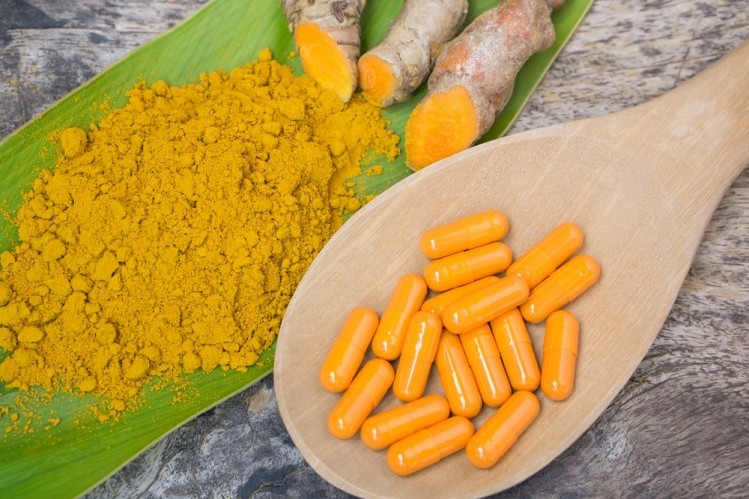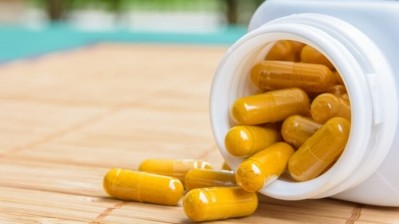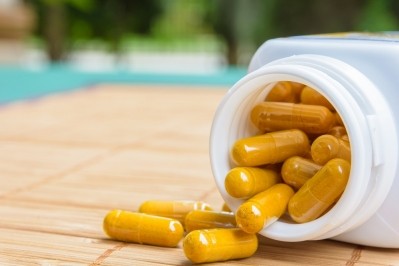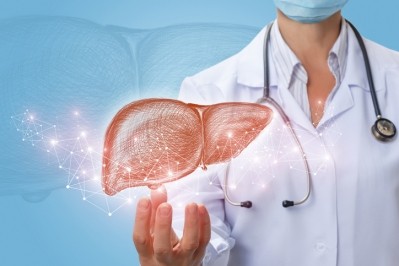OmniActive’s curcumin may protect against performance declines, muscle soreness after intensive exercise

Data published in Nutrients indicated that a 200 mg per day dose of curcuminoids (1,000 mg of CurcuWin) for eight weeks led to a maintenance in some performance scores. On the other hand, these performance measures declined in the placebo group and a group receiving only 50 mg of curcuminoids (250 mg of CurcuWin).
The study was performed by Ralf Jaeger and Martin Purpura from Increnovo LLC, together with Chad Kerksick from Lindenwood University. Dr Jaeger told us that the study has three main findings:
1. The benefits of curcumin supplementation are dose dependent. While 200mg curcuminoids showed significant benefits, 50mg curcuminoids did not
2. The benefits of curcumin are not gender specific, as men and women showed identical benefits, and
3. Curcumin can be used effectively to attenuate the negative effects of exercise-induced muscle damage and subsequent declines in athletic performance.
“Building deeper insights into CurcuWin’s potential sports nutrition benefits”
Commenting on the study’s findings, Abhijit Bhattacharya, President, OmniActive Health Technologies, Ltd. told NutraIngredients-USA: “OmniActive has made significant investments with a strong commitment to bring scientific validity to curcumin for sports nutrition applications. CurcuWIN’s ability to help support athletes and active lifestyle enthusiasts was first demonstrated in our FloMeD (Flow Mediated Dilation) Study, which showed health benefits, including healthy blood flow, circulation and cardiovascular health.
“This new publication is in line with OmniActive’s scientific approach in building deeper insights into CurcuWIN’s potential benefits in sports nutrition, including its ability to help maintain athletic performance during exercise and healthy muscle recovery, as well as reduce muscle soreness and pain associated with exercise.
“While there are clear positives from this study, even the limitations give our scientists and researchers additional insights on how to make our products serve consumers better.”
Study details
Drs Jaeger, Purpura and Kerksick recruited 63 physically active men and women with an average age of 21 to participate in their randomized, placebo-controlled study. The men and women were randomly assigned to one of three groups: One group received cornstarch (placebo), while the other two groups received CurcuWin supplements at doses of 250 mg (50 mg of curcuminoids) or 1000 mg (200 mg of curcuminoids), respectively.
At the end of the eight-week supplementation period, the participants completed a downhill running protocol intended to induce muscle damage, and muscle function and perceived soreness were measured at select time intervals up to 72 hours after the run.
Results showed that muscle function (measured using ‘isokinetic peak extension torque’) was unchanged in the high dose CurcuWin group, but did significantly decrease in the other two groups.
On the other hand, none of the groups displayed changes in isokinetic extension power and isometric average peak torque, said the researchers.
While soreness significantly increased in all the group, the high dose curcumin group experienced non-significant improvements in total soreness.
“The current study was the first investigation in humans to examine the ability of different dosages of curcumin (50 and 200 mg of curcuminoids) to mitigate recovery from damaging exercise using a novel formulation that has been previously shown to optimize bioavailability,” wrote Drs Jaeger, Purpura and Kerksick.
“A key limitation of the supplementation protocol used in the present study was the ceasing of supplementation after damage,” they added. “While speculative, it remains possible that continuing supplementation through all the recovery time points may have provided better support to mitigate the changes observed, as this has been observed and highlighted to be a confounding factor surrounding research of this nature.
“This consideration may also help to explain why various mean changes were observed in multiple outcome measures, but the overall magnitude of change failed to yield statistical significance.”
They concluded: “While this study investigated changes in performance, future studies should also investigate more objective measures (blood markers such as creatine kinase or myoglobin) of muscle damage in cohorts of trained and untrained samples.”
Source: Nutrients
2019, 11(7), 1692; doi: 10.3390/nu11071692
“Eight Weeks of a High Dose of Curcumin Supplementation May Attenuate Performance Decrements Following Muscle-Damaging Exercise”
Authors: R. Jaeger, M. Purpura, C.M. Kerksick









